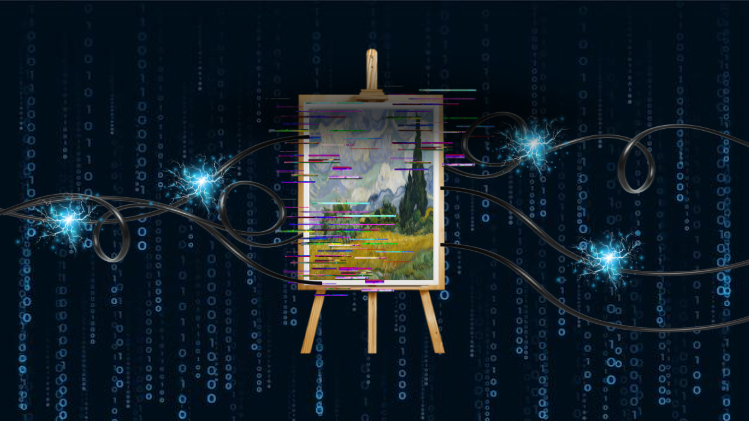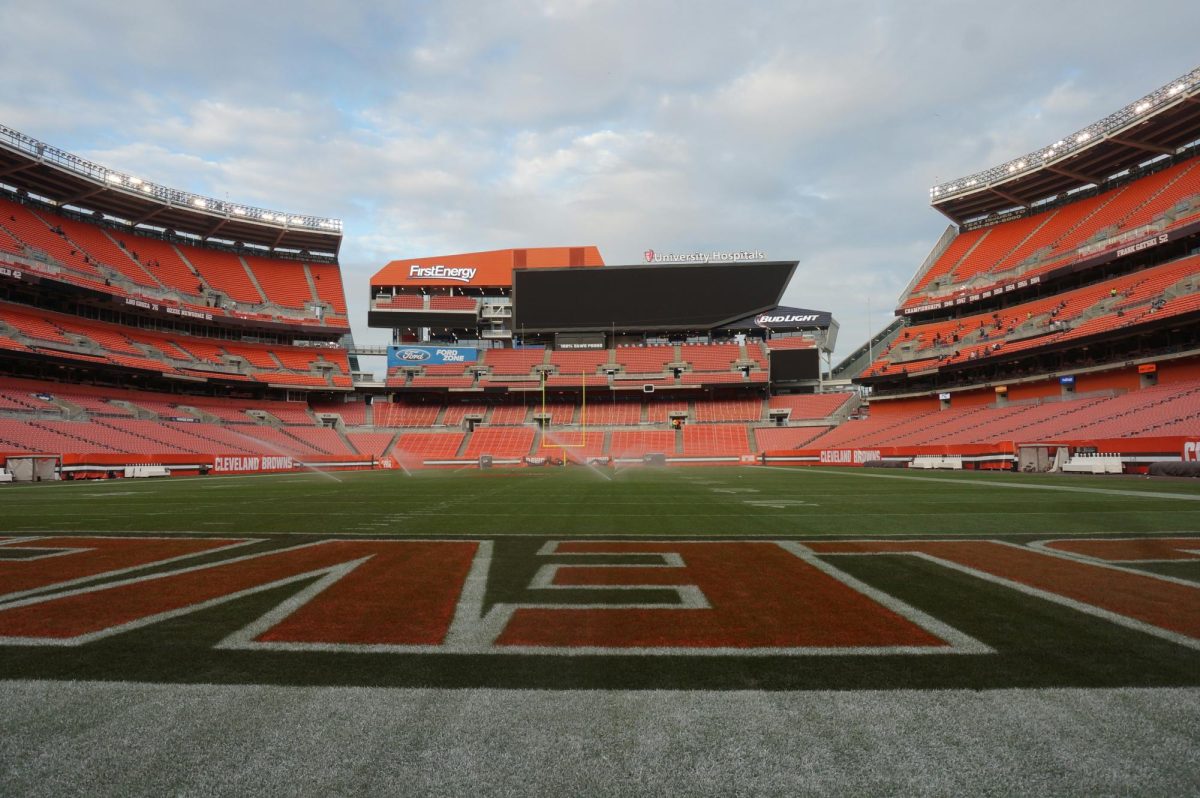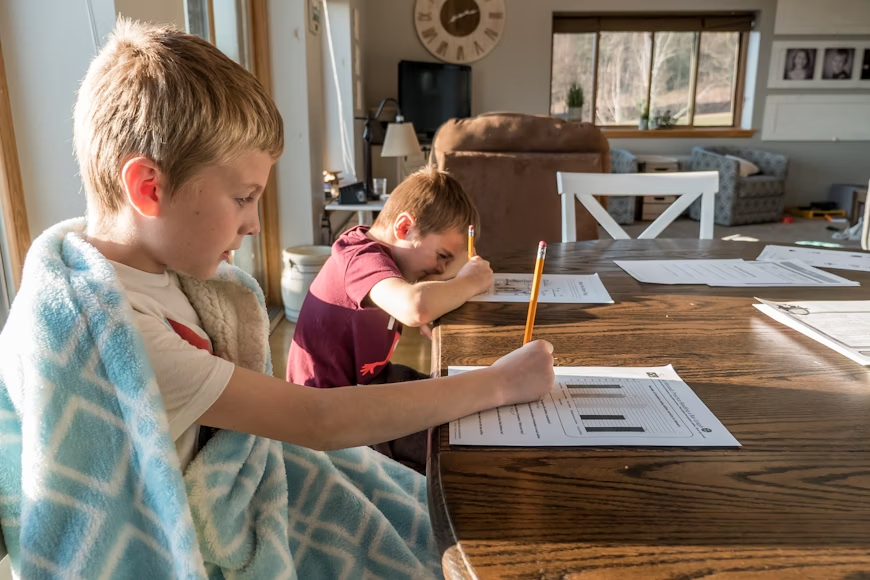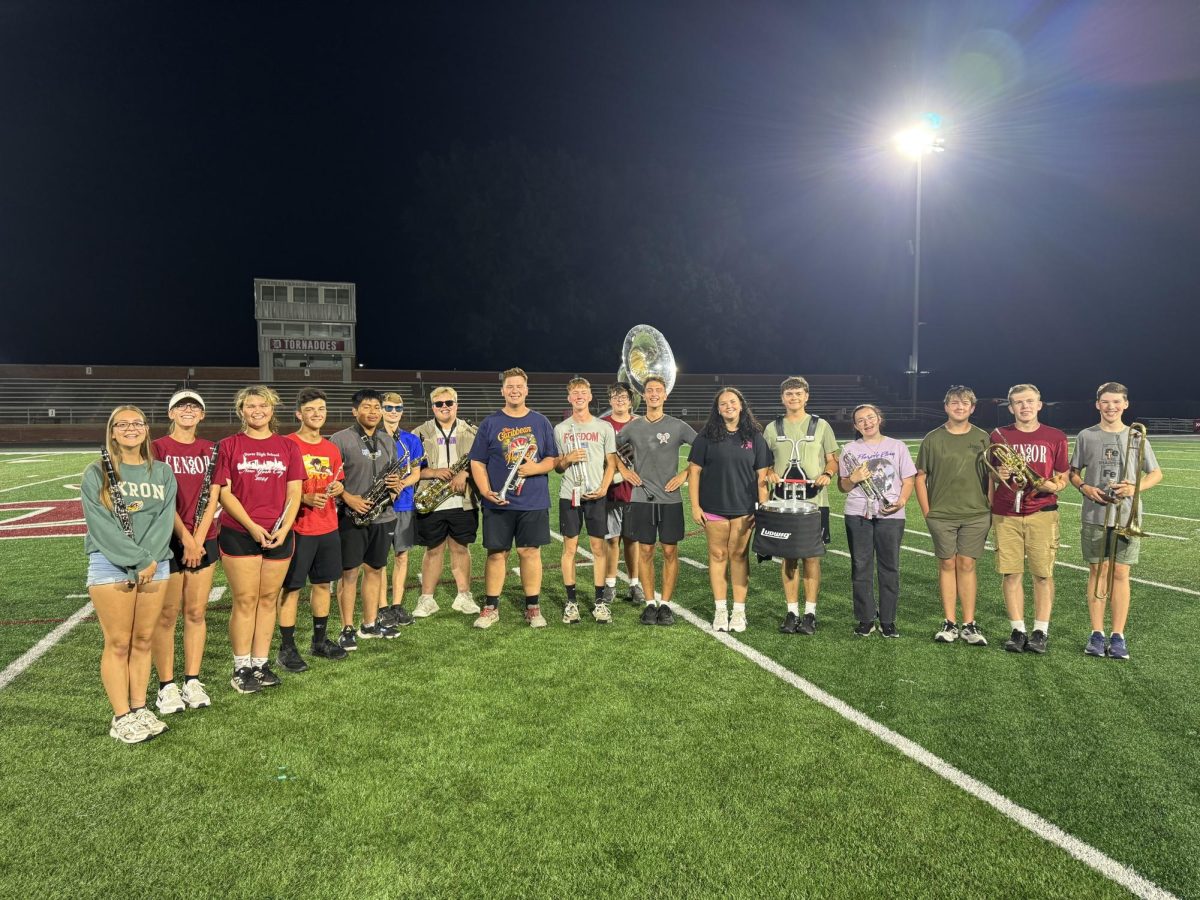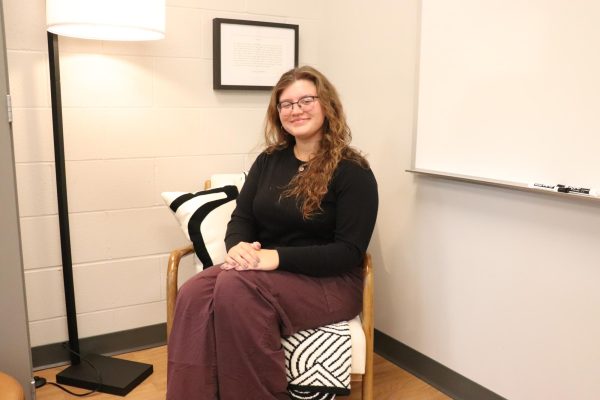Ever since I was little, my favorite subject in school has always been English Language Arts. I know this is an uncommon opinion due to widespread misinformation about grammar being useless, reading being boring, and essays being “a waste of time,” but I never let the hate sway my belief that ELA teaches the most important and underrated skills necessary to function in the real world.
Before humanity evolved to the point of requiring advanced structures and roads and many other necessities based on mathematical properties, we sought the basics: biological needs (i.e. shelter, water, food, fire) and, more importantly, connection. Without one another, every society in history would have failed. How do you connect with someone in order to function socially and personally? Communication. How do you communicate? Through words and actions. Language and art are the backbone of our society. Before words and languages and printed text, we had drawings on walls and carvings in stone. Language has always been the root of our history. Without it, we would’ve gotten nowhere. I hope that the emphasis in schools on English and Reading never goes away, like with history and some sciences.
This passion leads me to have many other opinions, of course, such as ones on the books I’ve read throughout my high school career for the many ELA classes I’ve taken. So obviously, I will be ranking and reviewing them because that’s clearly what I’m good at. I will organize, rate, and review them by year before ultimately ranking them altogether.
Starting with Honors ELA 9, my freshman year. We read The House on Mango Street by Sandra Cisneros, Romeo and Juliet by William Shakespeare, and Animal Farm by George Orwell. The House on Mango Street is a series of vignettes that tell the story of a young Hispanic girl growing up in Chicago. I enjoyed reading this book, but not necessarily discussing it during class. I thought our conversations were a little too on the nose and didn’t actually cover what the book was truly about on a level everyone could relate to. However, I enjoyed the narrative style. I had never (to my knowledge) read any vignettes up to this point and was fascinated to discover a new style of storytelling. I absolutely loved one project we did with this book, where we got to pick a few vignettes from the book and recreate them in relation to our own lives. Overall, I’d give this book a 5/10 because even though I enjoyed it, there were certainly other books I liked more.
Romeo and Juliet is the second of Shakespeare’s works that I was required to read (Midsummer’s Night Dream in middle school was first). I did not enjoy this play. I thought it was boring, and I hated that they both died at the end. Who doesn’t check for a pulse? I mean seriously. I enjoy fiction and understand the morals of the play, but come on! On the other hand, I love Romeo and Juliet retellings and movies that, quite honestly, end up being more entertaining than the original. My favorite is the one we watched in class freshman year entitled “Romeo+Juliet,” starring Leonardo DiCaprio and Claire Danes. I liked the movie’s highly saturated colors and overly dramatic acting. Anyway, in my opinion, the play itself is a 5.5/10.
The final book we read in 9th grade was Animal Farm by George Orwell. I am a huge fan of irony, sarcasm, and satire. Any work of media that can efficiently criticize and comment on politics/reality while still being entertaining and not losing its fictitious elements deserves very high praise. I feel as though there is not much I can say about Animal Farm that hasn’t already been said. It is a staple of high school readings and for good reason. I specifically remember the feeling of reading it while learning about communism in my world history class that year. It all clicked immediately that art and life do not only imitate each other but are actually just one in the same. Animal Farm is a 6/10.
Next up is sophomore year, during which I was enrolled in Pre-AP ELA. We read Fahrenheit 451 by Ray Bradbury (over the summer), Julius Caesar by William Shakespeare, Angela’s Ashes by Frank McCourt, and Snow Falling on Cedars by David Guterson. First up is a book that’s been mentioned a lot online recently: Fahrenheit 451. Now, to be completely honest, I did not read Fahrenheit before school started like I was supposed to. I love complex books now, but at the time I thought it was too dense for such a simple message. I got a little way in before I gave up. Then school started, and we had to write an essay on the novel, so I was forced to lock-in and read it. Once the action picked up, I started to actually enjoy the book. I liked the end where Montag was essentially a refugee, and the others taught him the importance of memorizing books so that knowledge never escapes the people. Fahrenheit 451 is also a 6/10.
Next, we read Julius Caesar by William Shakespeare. I had the honor of being Caesar himself when we read the play out loud in class every day. I found the play slightly convoluted, and I know I would’ve enjoyed it even less than I did if I hadn’t gotten to play Caesar. I have memories of my whole class huddling together and whispering while trying to figure out the ending after the war takes place. My biggest takeaway from Julius Caesar was not the types of rhetoric we studied but rather to beware the Ides of March. I give Caesar a 6/10; it gets a bonus point since I was the main character.
After Caesar, we read what is probably my favorite nonfiction book ever (for the time being, at least), Angela’s Ashes by Frank McCourt. I don’t remember how or why it started, but I took to calling the memoir “Changela’s Chashes.” I assume it started with my peer’s hatred for the book. I didn’t entirely enjoy it at first, either, but it quickly grew on me. The harrowing tales of Frank’s childhood truly struck me. It was entertaining and well-told. I give it a 7/10.
The last book we read sophomore year was Snow Falling on Cedars by David Guterson. This book definitely stands out, not as my favorite, but rather for being the most unusual. I’m not quite sure why we read this book, but I liked the plot and the differing perspectives. I thought it was a little long for an end-of-the-year read, but nonetheless, I’ll give it a 6.5/10.
Junior year, I was in two ELA classes: AP Seminar and AP English Literature and Composition. In AP Seminar, we read three books, Think Like a Freak by Steven Levitt and Stephen Dubner (over the summer), They Say, I Say (5e) by Gerald Graff, Cathy Birkenstein, and Russel Durst, and I Am the Messenger by Markus Zusak. The first two were educational nonfiction that were supposed to help us improve our critical thinking and reading skills. I was pleasantly surprised that I enjoyed Think Like a Freak, considering its content. Think Like a Freak is a 6.7/10. As for They Say, I Say, better known as TSIS, it’s another story. I won’t say I hated the book because its purpose was clearly not to entertain but inform. I’m not going to rate TSIS because I have nothing to compare it to. After our AP exam, we read I Am the Messenger, which was actually already on my TBR list. It was yet another book I didn’t particularly like at first, but that grew on me. I found the characters lovable and the plot unique. It is one of the few books from school where I actually read ahead to see what happened next; for these reasons, it is a 7/10.
The same year in AP English Literature and Composition, we read The Great Gatsby by F. Scott Fitzgerald (over the summer), Like Water for Chocolate (Como Agua Para Chocolate) by Laura Esquivel, Frankenstein by Mary Shelley, Pride and Prejudice by Jane Austen, and Slaughterhouse-Five by Kurt Vonnegut. Before I begin reviewing, I just have to mention how much I absolutely loved this class and every single book we read. Because of AP Lit, I finally had the courage to read what is now and will remain as some of my all-time favorite books.
The first book we read in Lit was The Great Gatsby by F. Scott Fitzgerald, or Zelda Fitzgerald, depending on who you ask. I did not like the book until I finished it and we discussed it in class. Now I love it and talk about it frequently. The movie is great too. I also must talk about my theory that I’ve had since the song “party 4 u” by Charli XCX came out. The song is so obviously and plainly evidently inspired by The Great Gatsby. The music video literally starts with a flashing green light; it doesn’t get more obvious than that! I liked Gatsby’s character and enjoyed Nick’s unreliable perspective. Gatsby is definitely great and gets an 8/10.
After that, we read Like Water for Chocolate (Como Agua Para Chocolate) by Laura Esquivel, which was interesting and unique from most other stories I’ve read. It reminded me slightly of The House on Mango Street as it felt like I was reading a bunch of little stories that added up to create one big one. I loved the inclusion and emphasis of recipes and food and how that was a storytelling method. Like Water for Chocolate is a 7.5/10.
Next is a book that’s very special to me. That book is Frankenstein by Mary Shelley. Frankenstein is and most likely always will be my favorite book. The plot, creativity, and symbolism made me fall in love with Gothic literature. Mary Shelley is 100,000% my inspiration in life. I know it’s cliché, but she literally wrote the first sci-fi novel ever at only 18. I won’t even get into the details of the book because then this article will be forty pages longer. All you need to know is that Frankenstein is a 10/10.
A few weeks after we finished Frankenstein, we moved on to Pride and Prejudice by Jane Austen. Pride and Prejudice is rightfully considered a staple of the romance genre, but more importantly to me, it is a great work of satire. I dare you to name a book with a more iconic opening line. I’ll never forget my experience reading this novel because it was the first time I listened to an audiobook while following along physically. Pride and Prejudice is a 9/10.
The last book I ever read for high school was Slaughterhouse-Five by Kurt Vonnegut. There aren’t enough words to describe Vonnegut’s genius, in my opinion. I wrote about this novel on my end-of-course AP exam. The Tralfamadorians are my favorite part of the novel, and I love their philosophies. Slaughterhouse-Five is also a 10/10.
So all that being said, it is time for the final definitive ranking! I read a total of 15 books for class over the past three years, and I couldn’t be more grateful to go to a school that prioritizes language arts. Anyways, here’s the list (from best to “worst”):
-
- Frankenstein by Mary Shelley 10/10
- Slaughterhouse-Five by Kurt Vonnegut 10/10
- Pride and Prejudice by Jane Austen 9/10
- The Great Gatsby by F. Scott Fitzgerald 8/10
- Like Water for Chocolate by Laura Esquivel 7.5/10
- I Am the Messenger by Markus Zusak 7/10
- Angela’s Ashes by Frank McCourt 7/10
- Think Like a Freak by Steven Levitt and Stephen Dubner 6.7/10
- Snow Falling on Cedars by David Guterson 6.5/10
- Fahrenheit 451 by Ray Bradbury 6/10
- Animal Farm by George Orwell 6/10
- Julius Caesar by William Shakespeare 6/10
- Romeo and Juliet by William Shakespeare 5.5/10
- The House on Mango Street by Sandra Cisneros 5/10
- They Say, I Say (5e) by Gerald Graff, Cathy Birkenstein, and Russel Durst No Rating




